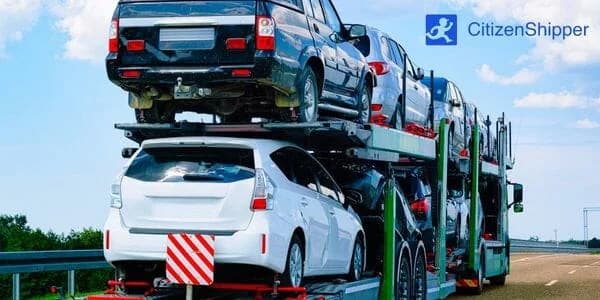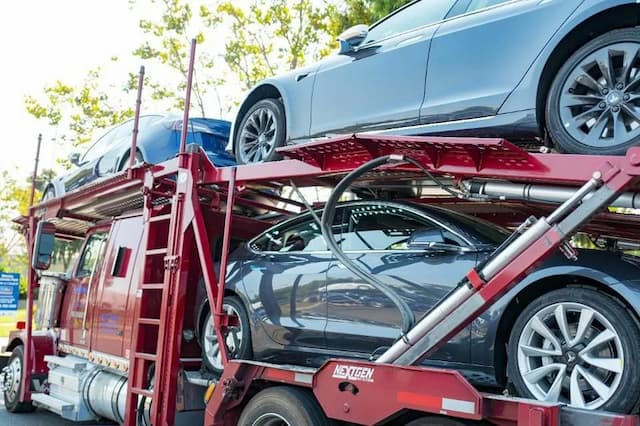Navigating Car Transport in Las Vegas, NV
When it comes to shipping your car in Nevada, there's a world of factors to consider. Nevada, with its desert climate, vast open highways, and unique urban challenges, presents a distinct set of circumstances. But don't worry! Here at CitizenShipper, we are committed to helping you navigate through it all. Whether you're moving into or out of Las Vegas or need to transport your car for any reason, our expert team is here to help.
Nevada's Vehicle Transportation Laws & Regulations
In Nevada, car transportation laws and regulations are in place to ensure the safety and preservation of all vehicles and public roadways. Auto transporters must adhere to the Federal Motor Carrier Safety Administration (FMCSA) regulations for safety. Compliance involves ensuring that all vehicles are properly secured during transport and maintaining necessary documents for every shipped vehicle.
All auto transporters operating in Nevada must also possess an active MC Docket number, issued by the FMCSA. This number signifies that a transportation company is registered under the federal government, allowing them to legally operate across state lines. Additionally, Nevada has specific weight restrictions on its highways that transporters must comply with, especially when traveling through mountain passes or desert highways.
Weather & Terrain Considerations in Las Vegas, NV
Weather patterns in Las Vegas, NV have a significant impact on car shipping. With a hot desert climate, the city experiences extremely hot summers with temperatures frequently exceeding 100°F (38°C), and mild winters. Flash floods can occur during the monsoon season (July to September), which can temporarily disrupt transportation routes.
Las Vegas sits in the Mojave Desert, surrounded by mountain ranges. While the city itself is relatively flat, transporters must navigate through desert terrain and sometimes mountainous roads when entering or leaving the area. The extreme heat can also affect vehicles during transport, making it essential to work with carriers who take proper precautions to protect your vehicle from sun damage and overheating. During peak summer months, early morning or evening transports might be preferable to avoid the most intense heat of the day.








